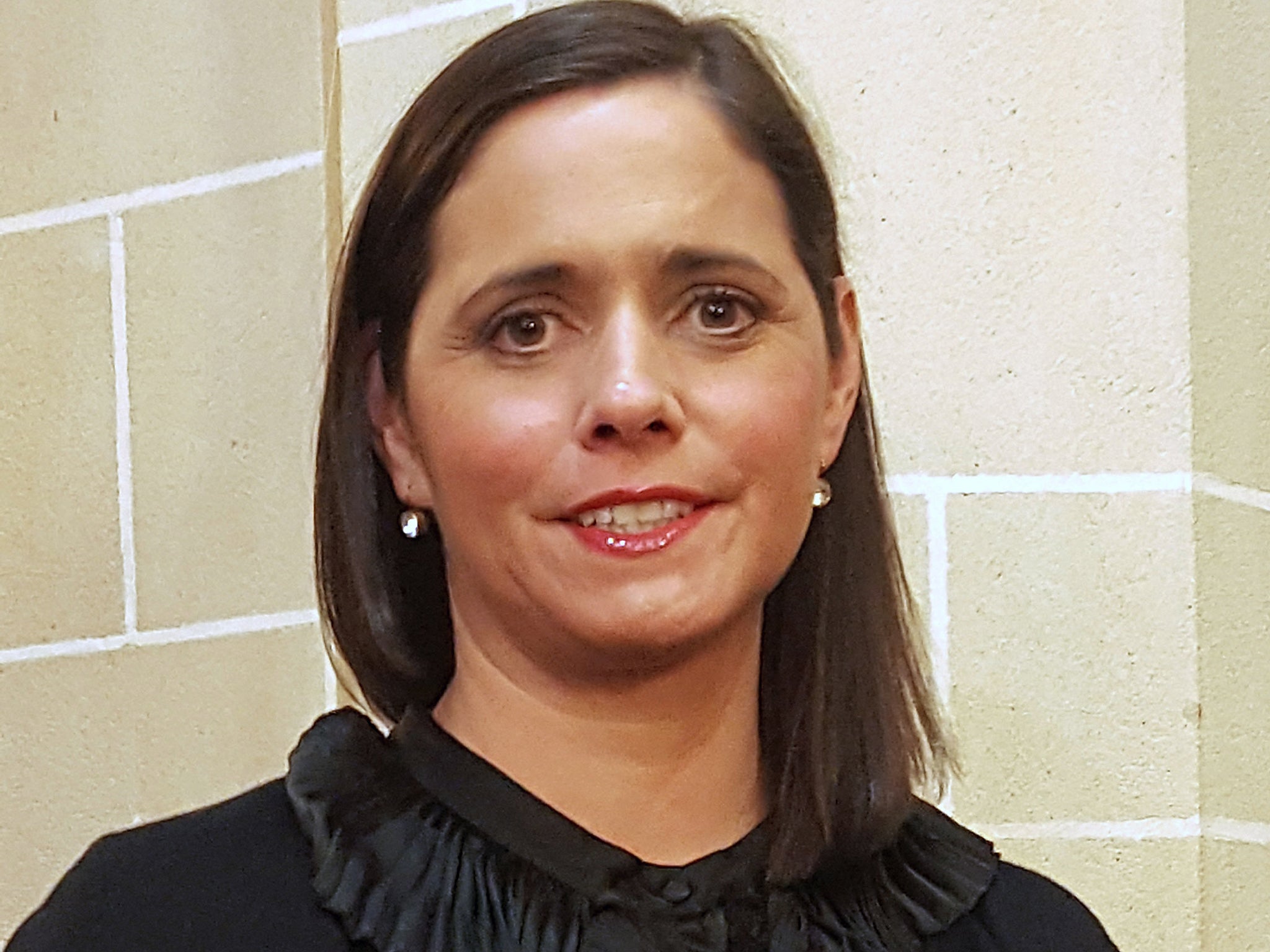Supreme Court gives woman right to late partner’s pension in landmark legal win for unmarried couples’ rights
Denise Brewster, from Coleraine in Northern Ireland, was refused payments from the pension of her partner who died two days after they got engaged

Your support helps us to tell the story
From reproductive rights to climate change to Big Tech, The Independent is on the ground when the story is developing. Whether it's investigating the financials of Elon Musk's pro-Trump PAC or producing our latest documentary, 'The A Word', which shines a light on the American women fighting for reproductive rights, we know how important it is to parse out the facts from the messaging.
At such a critical moment in US history, we need reporters on the ground. Your donation allows us to keep sending journalists to speak to both sides of the story.
The Independent is trusted by Americans across the entire political spectrum. And unlike many other quality news outlets, we choose not to lock Americans out of our reporting and analysis with paywalls. We believe quality journalism should be available to everyone, paid for by those who can afford it.
Your support makes all the difference.An unmarried woman who lost her long-term partner more than seven years ago has won what some are calling a landmark legal battle that could dramatically improve the rights of other unmarried couples nationally.
Denise Brewster, from Coleraine in Northern Ireland, was refused payments from her partner William Leonard McMullan’s pension after Mr McMullan died on Boxing Day in 2009, following the couple’s engagement two days earlier, according to court documents.
At the time of his death, Mr McMullan was employed by, and had worked for public transport operator Translink for around 15 years, during which time he had paid into the local government pension scheme.
Ms Brewster said that it was her understanding that her partner had completed a form nominating her to be eligible for a survivor’s pension. The government office which administers the scheme, however, said that it did not receive the form.
Ms Brewster applied for a judicial review of the decision and on Wednesday the Supreme Court unanimously ruled in favour of the benefits being extended to her.
Her victory has the potential to affect the rights of millions of families in similar situations.
“This is a very welcome ruling. It is totally unacceptable for cohabiting couples to be treated as second class citizens,” said Steve Webb, a director of policy at asset management company Royal London.
“With more than six million people living together as couples and the numbers rising every year, this is an issue that needs to be addressed as a matter of urgency. We need pension scheme rules which reflect the world we live in today, and not the world of fifty years ago,” he added.
Jenny Lewis, an associate at law firm Gowling WLG, said that while in many cases there is no formal requirement that an employee notify who he or she is in a partnership with, there is a formal nomination requirement in some public sector schemes, for example in schemes for teachers and civil servants.
“So there are likely to be implications for those schemes from this judgment,” she said.
Cohabiting couple families were the fastest growing family type between 1996 and 2016, according to Jo Edwards, a partner at law firm Forsters.
“As more couples choose to cohabit without marrying, it is high time that policy makers sat up and took notice by legislating for financial rights for cohabiting couples when their relationship ends through separation or death.”
She added that in Scotland legislation for cohabitants was introduced in 2006 and in Ireland in 2011 but “unfortunately, in England and Wales, the law has not kept up with these changing social norms.”
Join our commenting forum
Join thought-provoking conversations, follow other Independent readers and see their replies
Comments